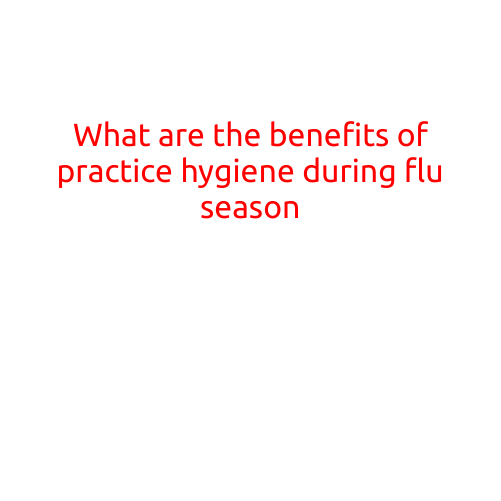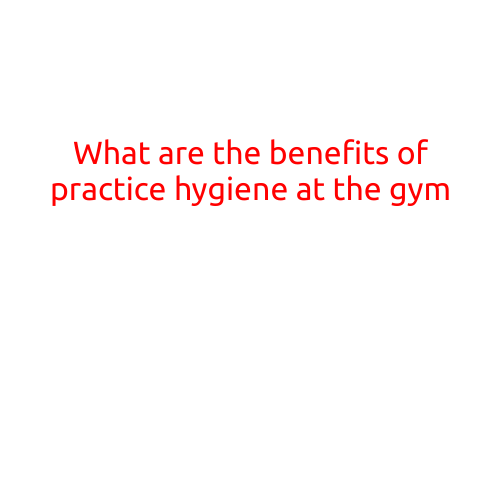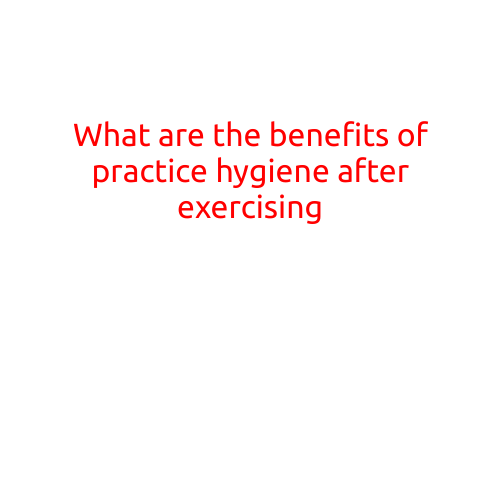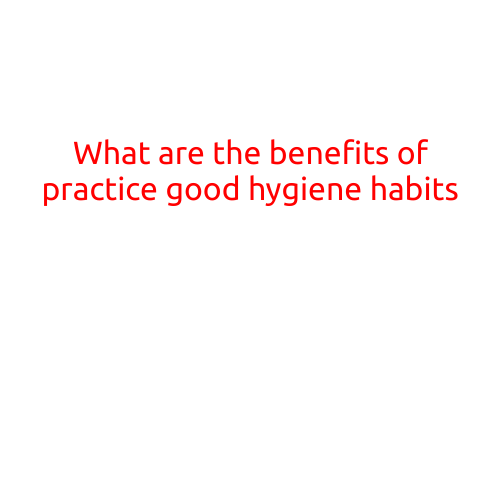
What are the Benefits of Practicing Good Hygiene During Flu Season?
The flu season is upon us, and with it comes a variety of unwelcome symptoms that can disrupt our daily lives. While there is no surefire way to prevent the flu, practicing good hygiene can significantly reduce the risk of contracting and spreading the illness. In this article, we’ll explore the benefits of practicing good hygiene during flu season and provide tips on how to incorporate these habits into your daily routine.
Benefits of Practicing Good Hygiene
Reduced Risk of Infection: By practicing good hygiene, you can significantly reduce your risk of infection. Flu viruses can spread easily through the air, contaminated surfaces, and close contact with others. By taking steps to prevent the spread of the virus, you can reduce your risk of getting sick.
Shorter Recovery Time: If you do get sick, practicing good hygiene can help reduce the severity and duration of your symptoms. This means you’ll be back to your normal routine sooner, with minimal disruption to your daily activities.
Prevention of Antibiotic Resistance: Flu viruses are not treated with antibiotics, as antibiotics only work against bacterial infections. However, by reducing the number of viral infections, you can help prevent the overuse of antibiotics and the development of antibiotic resistance.
Reduced Spread to Others: Good hygiene practices not only protect you, but also those around you. By taking steps to prevent the spread of the flu, you can help keep your loved ones, colleagues, and community members healthy.
Tips for Practicing Good Hygiene
Wash Your Hands Frequently: Wash your hands with soap and water for at least 20 seconds, especially after blowing your nose, coughing, or sneezing. Make sure to wash your hands before and after handling food, and after using the bathroom.
Use Hand Sanitizer: If soap and water are not available, use hand sanitizer with at least 60% alcohol. Apply the sanitizer to your hands and rub it in until your hands are dry.
Cover Your Mouth and Nose: When coughing or sneezing, cover your mouth and nose with a tissue or your elbow. Avoid touching your face, as this can spread the virus.
Avoid Touching Your Eyes, Nose, and Mouth: Try to avoid touching your eyes, nose, and mouth, as these areas are easy entry points for the flu virus.
Clean and Disinfect Surfaces: Regularly clean and disinfect surfaces that are frequently touched, such as doorknobs, light switches, and remotes.
Avoid Close Contact: Avoid close contact with others, especially those who are sick. Maintain a distance of at least 3 feet from others to reduce the risk of transmission.
Get Vaccinated: The flu vaccine is the most effective way to prevent the flu. Make sure to get vaccinated annually to protect yourself and those around you.
Conclusion
Practicing good hygiene during flu season is simple and effective. By incorporating these habits into your daily routine, you can significantly reduce your risk of contracting and spreading the flu. Remember to wash your hands frequently, use hand sanitizer, cover your mouth and nose, avoid touching your face, clean and disinfect surfaces, avoid close contact, and get vaccinated. By taking these steps, you can protect yourself and those around you from the flu.





